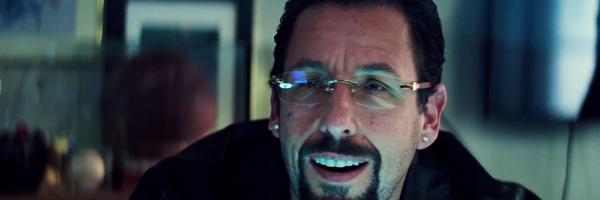
Feature: The Art of Leading a Witness in Anatomy of a Fall by Blaise Radley
What is a courtroom if not a staging ground for storytelling? Every aspect of a trial, be it criminal or corporate, hinges on two opposing sides laying claim to a particular version of events, each new witness and piece of evidence placed in a neat order to lead their audience, the jury, to a set conclusion. In the end, the victor will be the side that spins the most convincing yarn, regardless of any overriding “truth” of the matter. But what pushes a juror to ignore the ambiguities such duelling perspectives leave behind and choose one narrative over another? In French director Justine Triet’s latest film, the courtroom drama Anatomy of a Fall (2023), it’s not only the lawyers that are leading the witness but the formalised aspects of filmmaking craft.























